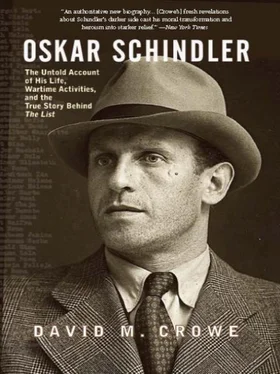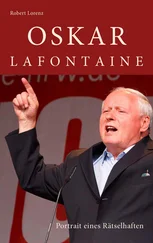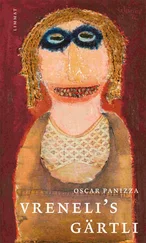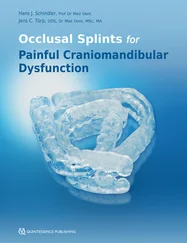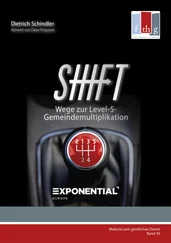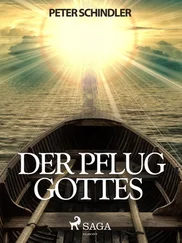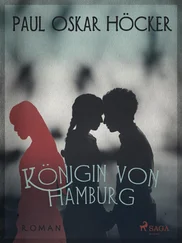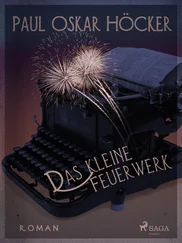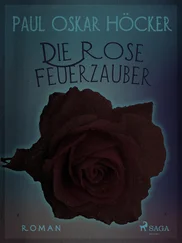A “tipsy” German, Kreuziger, soon joined Oskar and Peter and congratulated Schindler for his interest in working for Abwehr. Oskar and Kreuziger met the next day and talked further about Abwehr. Kreuziger was interested in Oskar’s business connections and his areas of travel. He also wanted to know whether he was in the Czechoslovak military and his rank. Kreuziger was obviously trying to determine Oskar’s full value to Abwehr because Gritt had probably already told Kreuziger about his talents and political reliability. The German agent was particularly interested in contacts that Oskar had with people who might have important economic or military information. Abwehr was being flooded by requests for such information from throughout the Wehrmacht, and its agents were desperate for anything that would enhance military preparations for Operation Green. Kreuziger also warned Oskar not to have anything to do with Abwehr IIA, which was responsible for “political things and propaganda.” If he did, his relationship with Kreuziger’s “orchestra” would be affected. 83
Kreuziger was disappointed that Oskar did not have business ties in Slovakia. Though Slovakia had a sizeable ethnic German population, it was not as dependable as the Sudeten German community in Bohemia and Moravia. Moreover, Slovakia shared most of its frontier with Poland and Hungary, not the Greater Reich. Members of the radical wing of the Slovak People’s Party, the Ludaks, developed close, if unfruitful, ties with German intelligence agents and the SdP. Most Ludak contacts came through the German consulate in Bratislava or through the SS’s Ethnic German Central Office (VoMi; Volksdeutsche Mittelstelle). Unfortunately for Abwehr, the VoMi was now completely under Himmler’s control after the appointment of SS-Obergruppenführer Werner Lorenz as head the agency in 1937. 84
Kreuziger also wanted to know whether Oskar had relationships with military officers or government workers who might be interested in working for Germany. He said that Oskar should develop closer ties with such people, but should approach them carefully and subtly about the nature of the work. Kreuziger said it was important to gather detailed information about each person’s job. The Reich agent said he would pay all of Oskar’s Abwehr-related expenses. Once Oskar proved himself, Kreuziger said he could provide an advance to cover future expenses. Oskar mentioned that he already had a job and might have to take time off to do his Abwehr work. Kreuziger promised that he would reimburse Oskar for financial shortfalls. The German agent added that he might be able to give Schindler as much as RM 1,000 to RM 2,000 ($400 to $800) for future reimbursement expenses and that Oskar should personally deliver all information to him. Kreuziger promised Oskar that in the future one or two motorcycles would be made available to him for his work and intelligence deliveries. Kreuziger also wanted Oskar to meet his “conductor,” or boss, an Abwehr major, on July 7 in Ziegenhals. The major needed to get to know Oskar, assess his capabilities, and give him further details about his work. In the meantime, Oskar was to see whether his acquaintances might be useful to what Kreuziger called the Reich German Intelligence Service (Reichsdeutscher Nachrichtendienst). 85
In an emergency, both men agreed that Oskar could call Gritt at the Juppebad Hotel, who would get in touch with Kreuziger. Peter could then meet him at the border and take him to Ziegenhals. Kreuziger told Oskar that Peter would meet him that evening and help him cross back into Czechoslovakia. Oskar spent the rest of the day at the Hotel Juppebad engaged in “private matters.” Peter met him at 6:00 P.M. and drove him to the frontier. The German agent told Oskar that he would wait for him at the city market in Zlaté Hory on July 7 and take him across the frontier. 86
On July 7, a friend, Julius Heger, drove Oskar the sixty miles from Svitavy to Zlaté Hory in a rented car. Heger dropped him off at a local inn and Schindler walked to a prearranged place to meet Peter. The German spy pretended not to recognize Oskar and walked towards a church. He then went along the same path that the innkeeper Fölkel had shown Oskar on July 1. Oskar followed Peter and met him outside Zlaté Hory. They both crossed the frontier illegally and walked to the German Customs House manned by the border police. Peter dialed 514, Kreuziger’s number, and told him that Oskar was in Germany. Kreuziger said that he and his boss, the mysterious Abwehr major , were too busy to collect Oskar by car. Instead, Kreuziger said he would meet them at the Customs House on a motorcycle. Kreuziger soon arrived, Gritt accompanying him in a sidecar. Oskar climbed inside with Gritt, and Kreuziger drove them to a local tavern in Ziegenhals. Oskar, Gritt, and Kreuziger spent the evening drinking and discussing insignificant topics. Peter was also in the tavern, though he did not join Oskar and the others. At 2:00 A.M., Oskar learned that the major was not coming; Peter took Oskar back to the border and helped him walk into Czechoslovakia. Oskar spent the rest of the night in the Hotel Tietze in Zlaté Hory. The next morning, Heger drove him back to Svitavy. Along the way, Oskar stopped to visit with some of his customers. 87
On July 9, the day after Oskar returned to Svitavy from Germany, he drove to Brno. He normally went to Brno once a week on business and knew the city well. He spent most of the day conducting business and then went to Pruscha’s apartment at Jilova 3. According to Pruscha, a stranger appeared at his door at 4:00 P.M. on July 9 and introduced himself as Oskar Müller. Pruscha referred to Schindler as Oskar Müller throughout his July 23, 1938, interrogation report for the Czech secret police. Pruscha said that the stranger knew of him through his brother-in-law, Ondrej Schulz. Pruscha told his interrogators that he knew nothing about Schulz’s whereabouts. Because Pruscha’s wife and daughter were in the front room, “Müller” said he would like to talk privately with Leo in another room. Oskar asked Pruscha whether anyone could hear them in the adjoining room, and Pruscha assured him that no one could. 88
At this point, their testimonies diverge considerably. Oskar said that he told Pruscha: “I am ordered to ask you whether you are willing to deliver material and reports to the German Reich, as far as you can obtain it at the Bahn [railway; Eisenbahn ].” Oskar put 100 Czech crowns ($3.46) on the table and asked Pruscha to meet him in Svitavy the next day. Pruscha said that “Müller” told him that he was from the “Åíše” (empire or Reich) and had worked for Germany for two years. He stated that because Pruscha was a good German, he could not refuse any request from Oskar. Pruscha then asked “Müller” what he wanted him to do. Oskar answered that he wanted Leo to give him information on railway facilities and transports.
He said that Pruscha would learn more about his duties after the two of them went to Germany. Leo told “Müller” that he had no passport. Oskar replied that it was not important and that his connections could take them safely across the border. Oskar was still worried that someone would hear them and asked Leo to go outside with him. Pruscha refused and said that he wanted to think about “Müller’s” offer before making a decision. He was on vacation and had time to think the matter over. Before he left, Oskar reminded Leo that he expected to meet him at the Restaurace u Ungar in Svitavy the next day. “Müller” advised Leo to take the noon “fast train” from Brno and, once in Svitavy, to board the bus marked “Hotel Unger.” Leo said that he was not sure whether he would come. “Müller” then gave him 100 crowns for expenses. Schindler reminded him not to discuss their conversation, particularly with Leo’s wife and daughter. 89
Читать дальше
